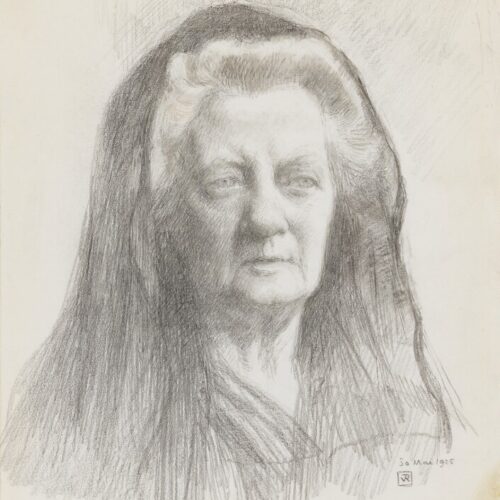

About the moral problem there is nothing mysterious; it is simply the old, old question of how best to live together. We no longer believe in an unchanging moral law imposed from without. We know that a harder incumbency is upon us; we must work out our law from within.
‘Heresy and Humanity’, 1909
Jane Harrison was a ground-breaking classical scholar and linguist; a feminist and freethinker who blazed a trail for women in academia. In a talk which officially inaugurated the Heretics Society at the University of Cambridge, delivered in 1909, Harrison laid out a distinctly humanist philosophy for living: emphasising the duty of questioning, the necessity of compassion, and the ultimate responsibility of human beings to work out a practical morality.
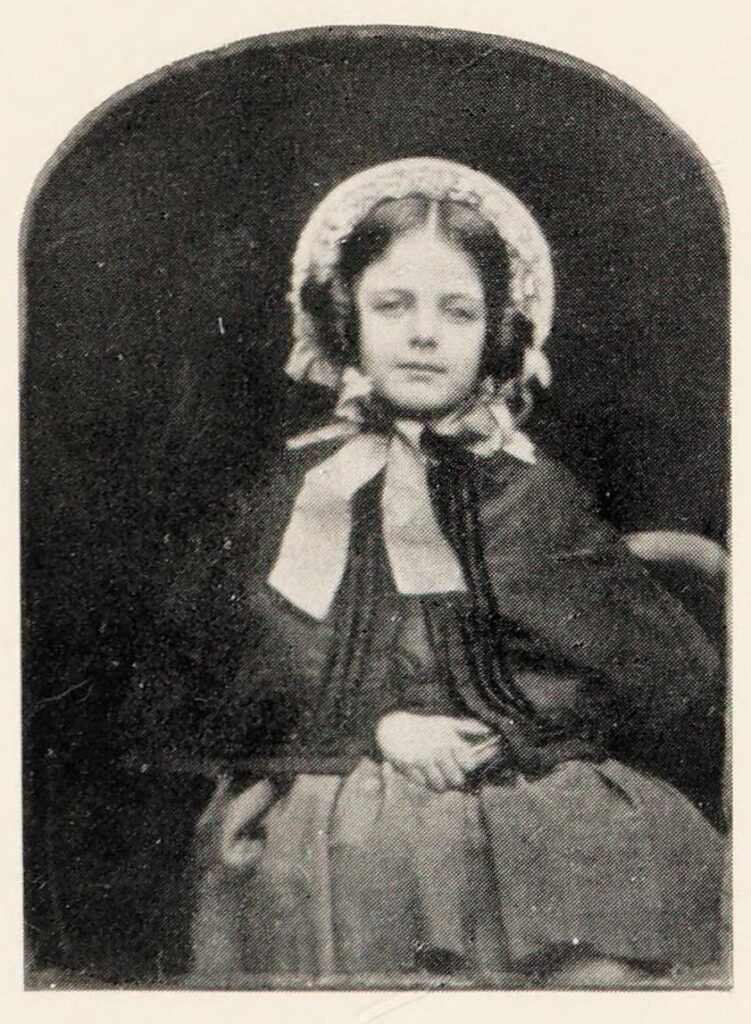
Jane Ellen Harrison was born in Cottingham, Yorkshire on 9 September 1850, the daughter of a timber merchant. Her mother died shortly after her birth, and she was educated by a series of governesses. Among these was a fiercely religious woman who became her stepmother, and was at least partly responsible for the early misgivings Harrison felt with regards to religion; confirmed later in her readings of Charles Darwin.
The young Harrison read voraciously, and had been introduced to German, Latin, and Greek. She went to Cheltenham Ladies’ College in 1868, obtaining honours in the London University examination for women in 1870. Harrison won, in 1874, a scholarship to Newnham College, Cambridge, leaving home and the teaching of her siblings to become one of the first generation of university educated women. Among her friends at Newnham were economist Mary Paley, classicist Margaret Merrifield, and Ellen Crofts, who had to give up her academic career on marrying Francis Darwin in 1883.
After Newnham, Harrison settled in London, studying Greek art and archaeology, and becoming a popular guide to antiquities at the British Museum. She developed a reputation as a flamboyant and engaging lecturer, attracting large crowds. Her talents were vividly described by her friend and fellow classicist Gilbert Murray, who depicted Harrison as having ‘a force of historical imagination and an infectious interest which amounted to genius’.
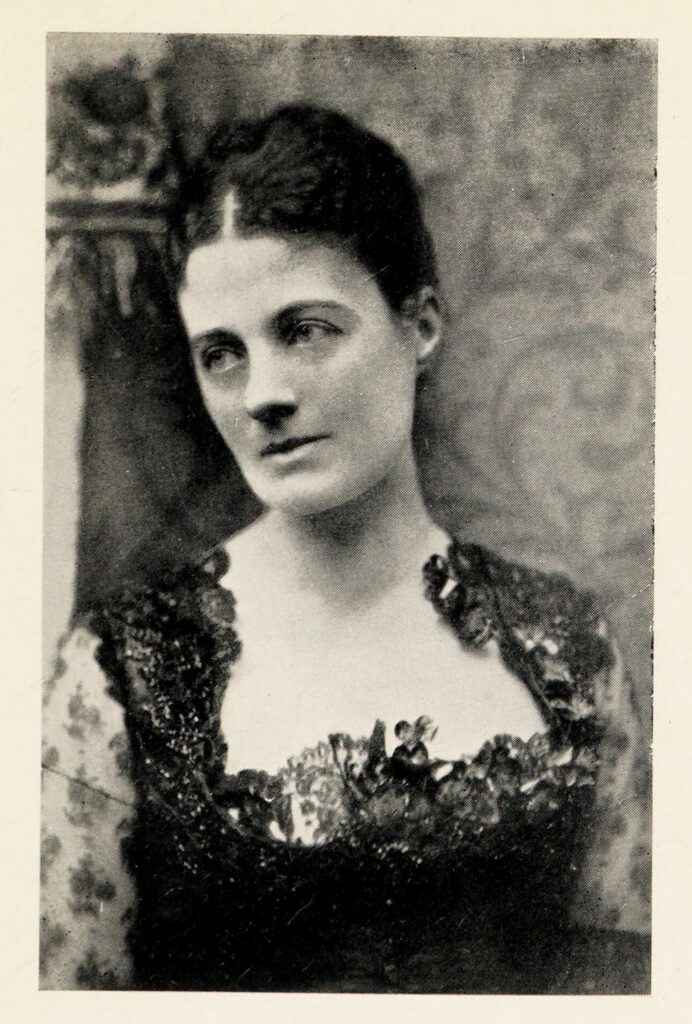
Harrison returned to Newnham, as a lecturer and research fellow, in 1898, and remained there until her retirement in 1922. Her scholarship combined archaeology, mythology, and an exploration of ritual in understanding ancient Greece. As Mary Beard has since written:
Jane Ellen Harrison changed the way we think about ancient Greek culture – peeling back that calm, white marble exterior to reveal something much more violent, messy and ecstatic underneath.
For some classical scholars at the time, Harrison’s willingness to do just this came as a severe shock to the establishment. A number still felt that the ‘bloody’ side of history and anthropology was not women’s sphere, and her theories about the matriarchal aspects of early religion ruffled feathers. Unapologetic in her atheism and outrightly feminist in her writing, Harrison drew a level of ire from certain male and conservative scholars which was not unfamiliar to outspoken women. As Shelley Arlen has written:
Jane Harrison’s scholarship was attacked in the press and on the lecture circuit for being infected with ‘female’ characteristics: illogic, emotion, subjectivity. But it was not only Harrison’s scholarship that created enemies. Her personal life and her views on feminism, religion, and political pacifism were all factors that disturbed the establishment. To many, she was an academic heretic, and they found her modern humanistic views on social and political issues distasteful as well.

In 1909, Harrison delivered a talk entitled ‘Heresy and Humanity’ to the newly formed Cambridge Heretics Society. The Heretics aimed for absolute freedom in discussing matters of religion, and sought to embody what they saw as the spirit of the times: an increasing openness to challenging orthodoxy and resisting convention. Harrison began with a celebration of the word ‘heretic’ itself: ‘an eager, living word’, from the Greek ‘hairesis’, implying choice, and ‘studious, zealous pursuit’. ‘The gist of heresy,’ Harrison argued, ‘is free personal choice in act, and specially in thought – the rejection of traditional faiths and customs’.
More than this, heresy was striving to create the world anew, thinking for oneself but acting for others:
In a word, if we are to be true and worthy heretics, we need not only new heads, but new hearts, and, most of all, that new emotional imagination, joint offspring of head and heart which is begotten of enlarged sympathies and a more sensitive habit of feeling.
In 1919, Harrison delivered the Conway Memorial Lecture. Her friend and fellow humanist Gilbert Murray was in the chair, and he introduced Harrison as ‘one of the greatest living champions of Freethought’.
Following nearly a quarter of a century at Newnham, Harrison retired in 1922, spending three years in Paris with poet and translator Hope Mirrlees. The two returned to London in 1925, where Harrison died on 15 April 1928.
… so far as in me lies, I have thought freely, and I shall speak rationally.
‘Rationalism and Religious Reaction’, 1919
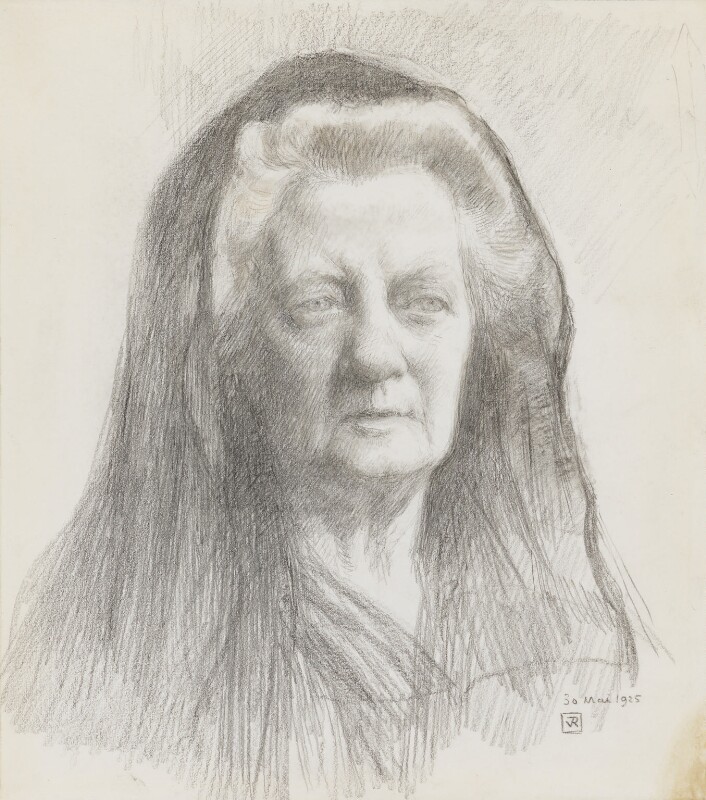
Harrison remained an active part of the Cambridge Heretics, and the vision of heresy she elucidated characterised their approach to freedom of thought and debate in all matters. A host of prominent humanists and influential thinkers passed through, and were influenced by, this group. Among them: Philip Sargant Florence, Bertrand and Dora Russell, L. Susan Stebbing, and Virginia Woolf. Virginia’s husband Leonard described Harrison as:
one of the most civilized persons I have ever known. She was also the most charming, humorous, witty, individual human being. When I knew her she was old and frail physically, but she had a mind which remained eternally young.
Jane Harrison was a consummate freethinker in all that she did, and her philosophy of rationalism and compassion was an elegant expression of humanist values.
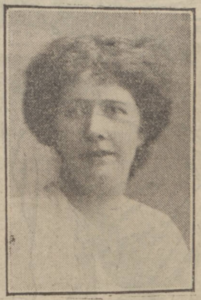
Elizabeth Swann was an active and devoted champion of liberal and progressive causes alongside her husband, Liberal MP Charles Swann. […]
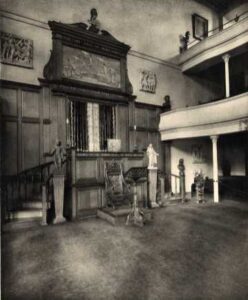
The old teaching was that we must worship not truth, beauty and goodness, but their source, and that their source […]
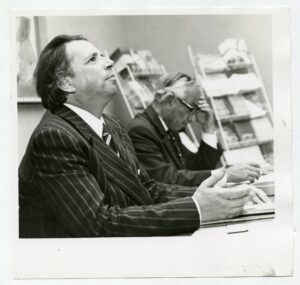
I don’t understand people panicking about death. It’s inevitable. I’m an atheist; you’d think it would make it worse, but […]
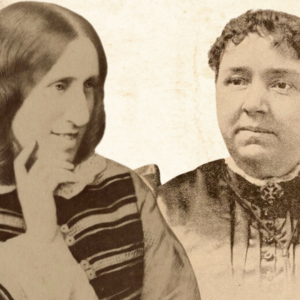
It is with a feeling of considerable deprecating delicacy that I venture to write of this woman, whom I so […]